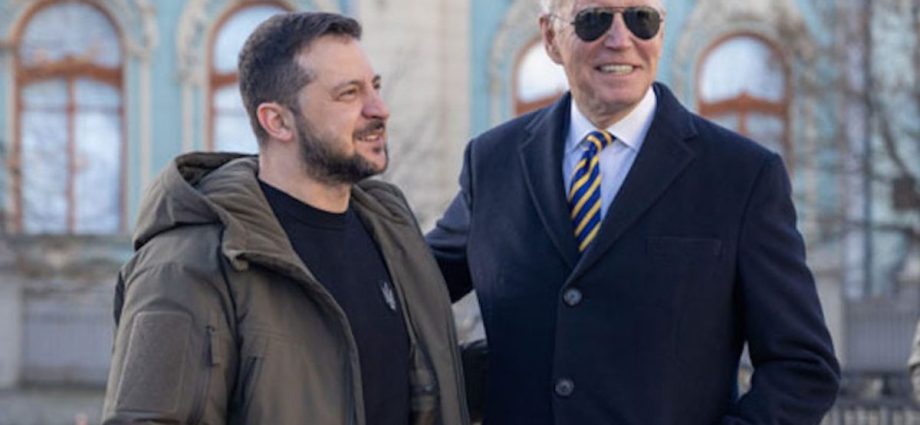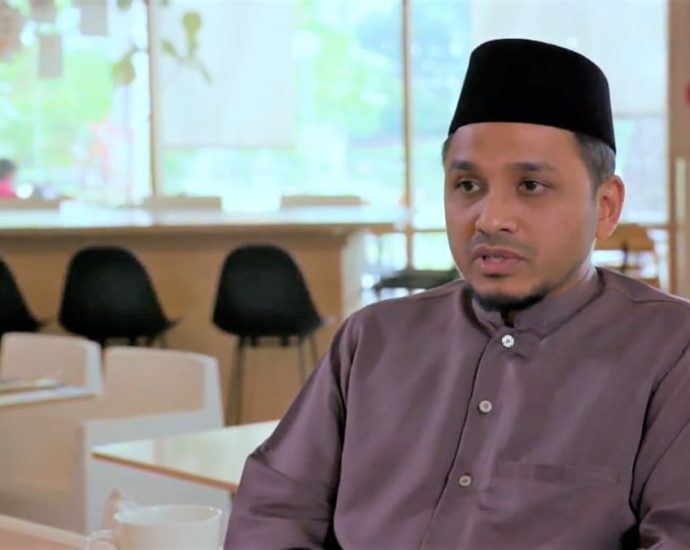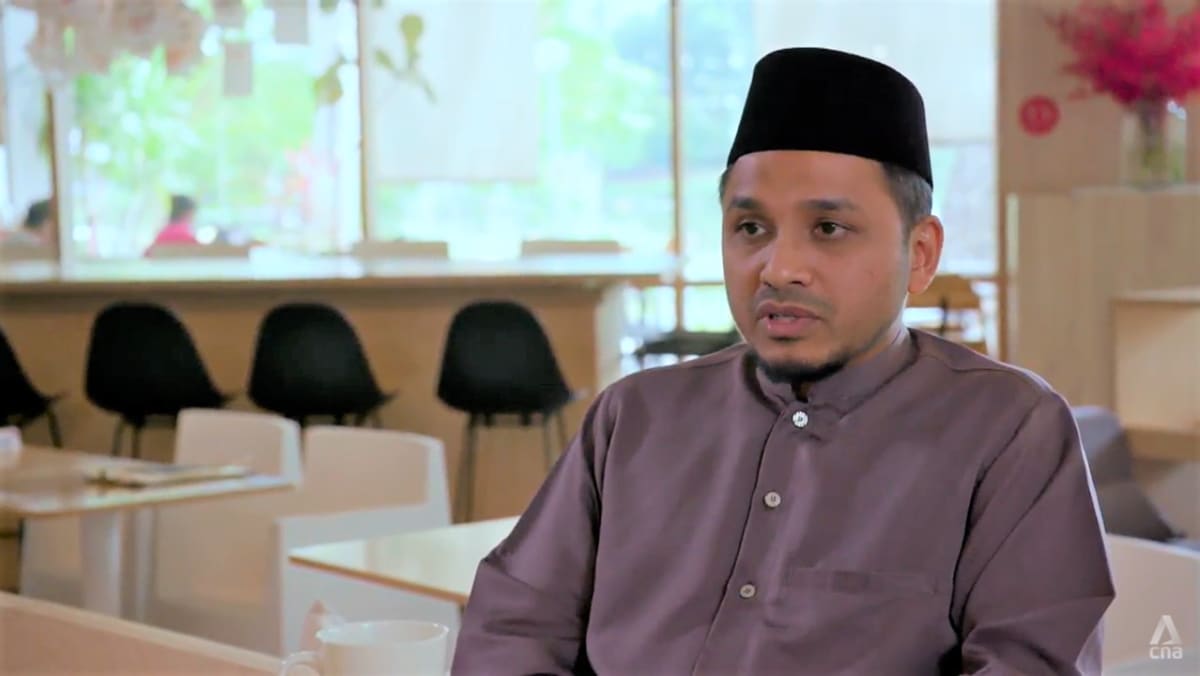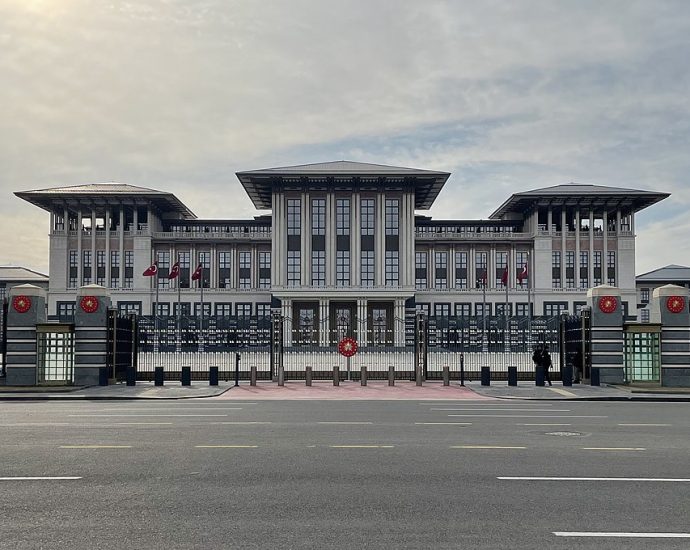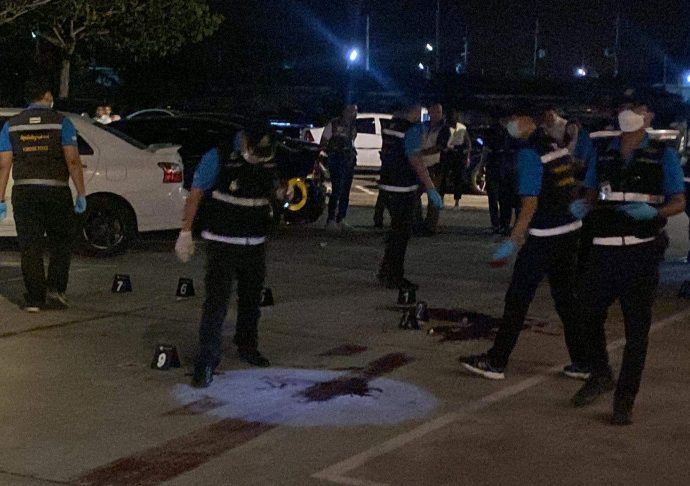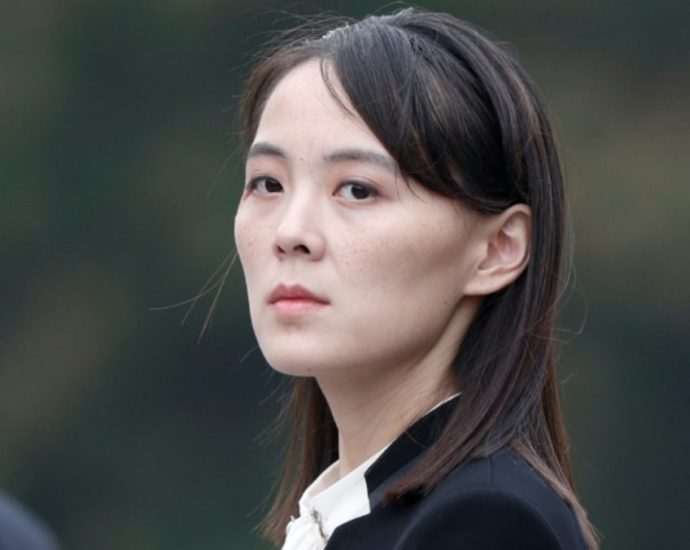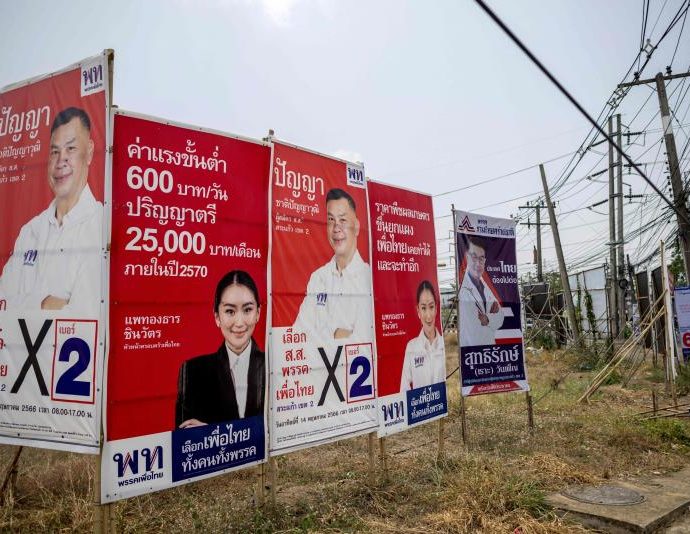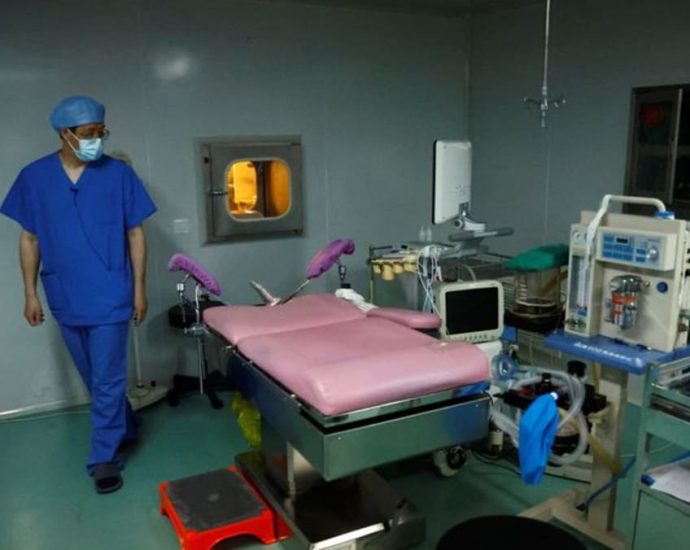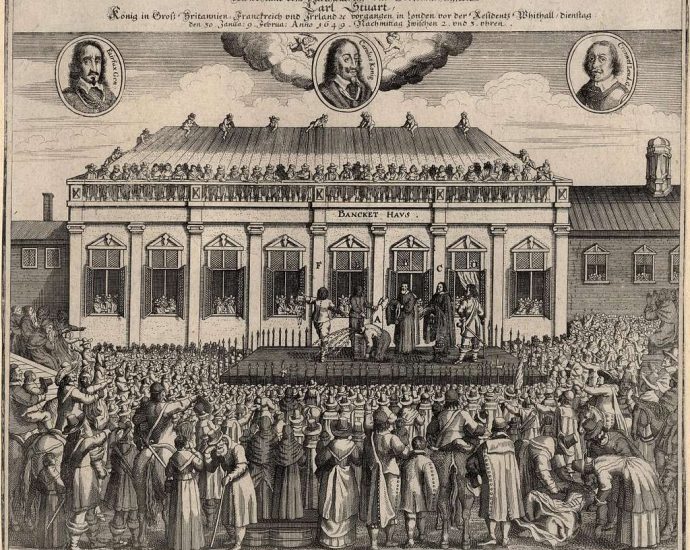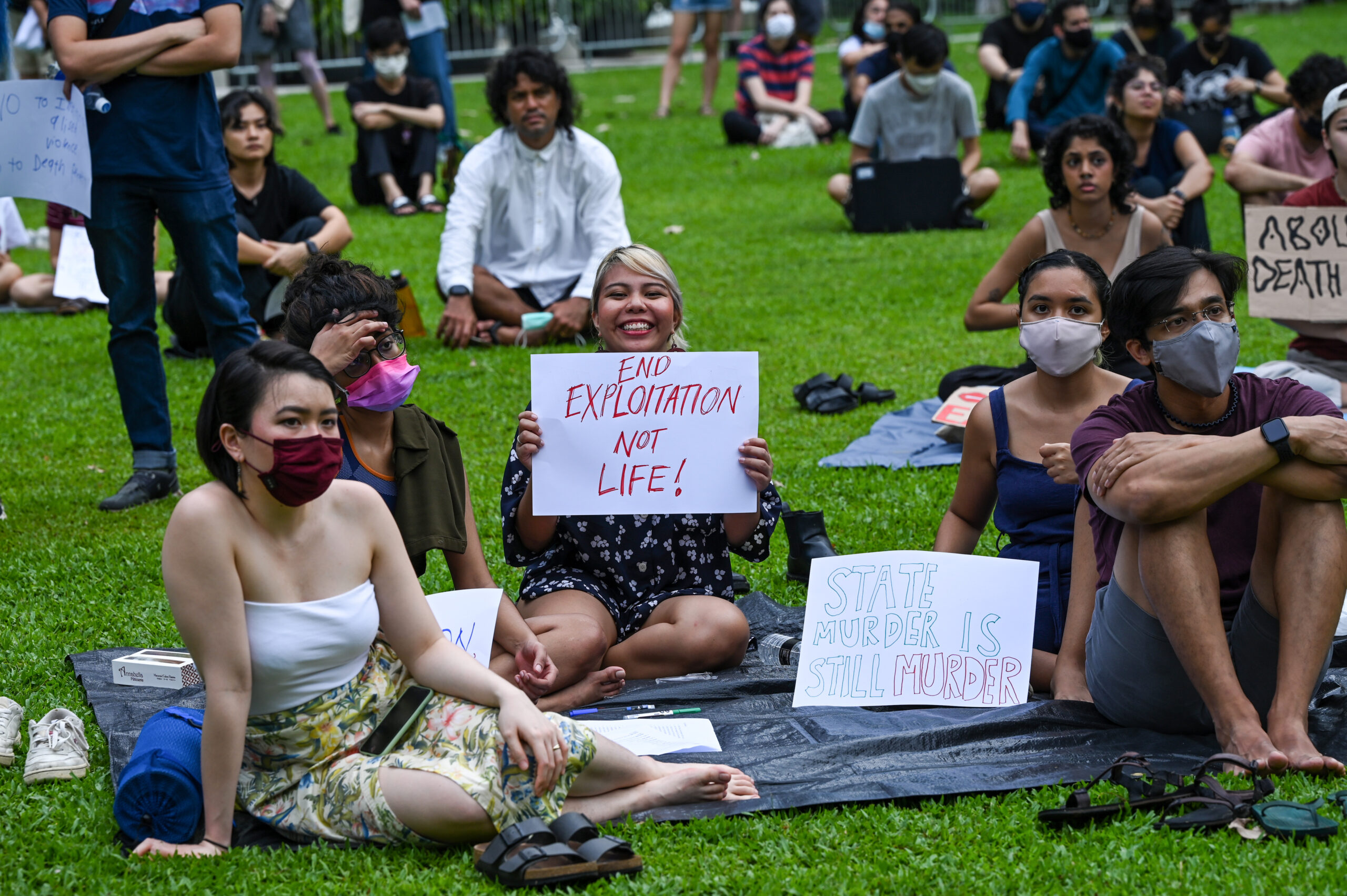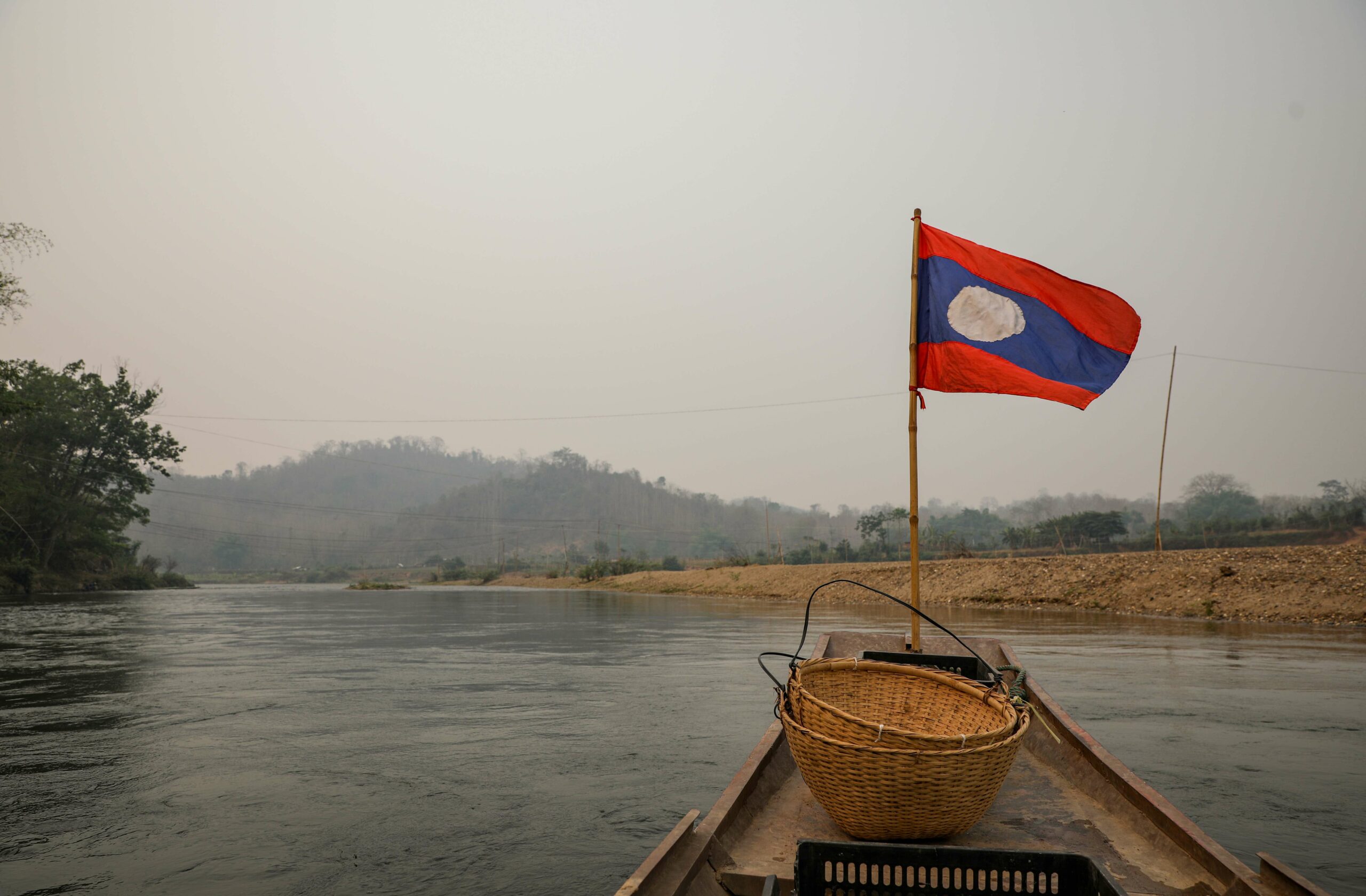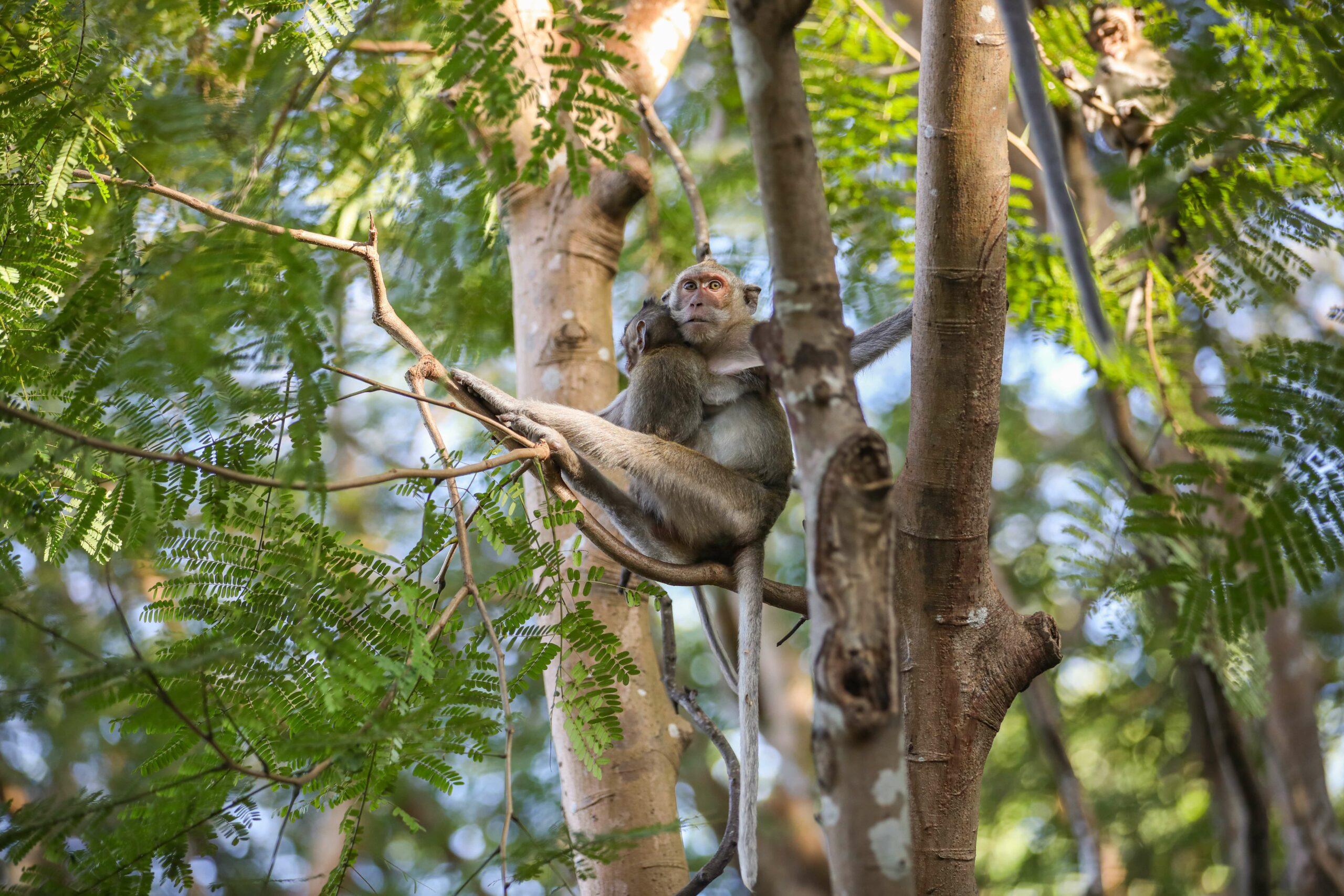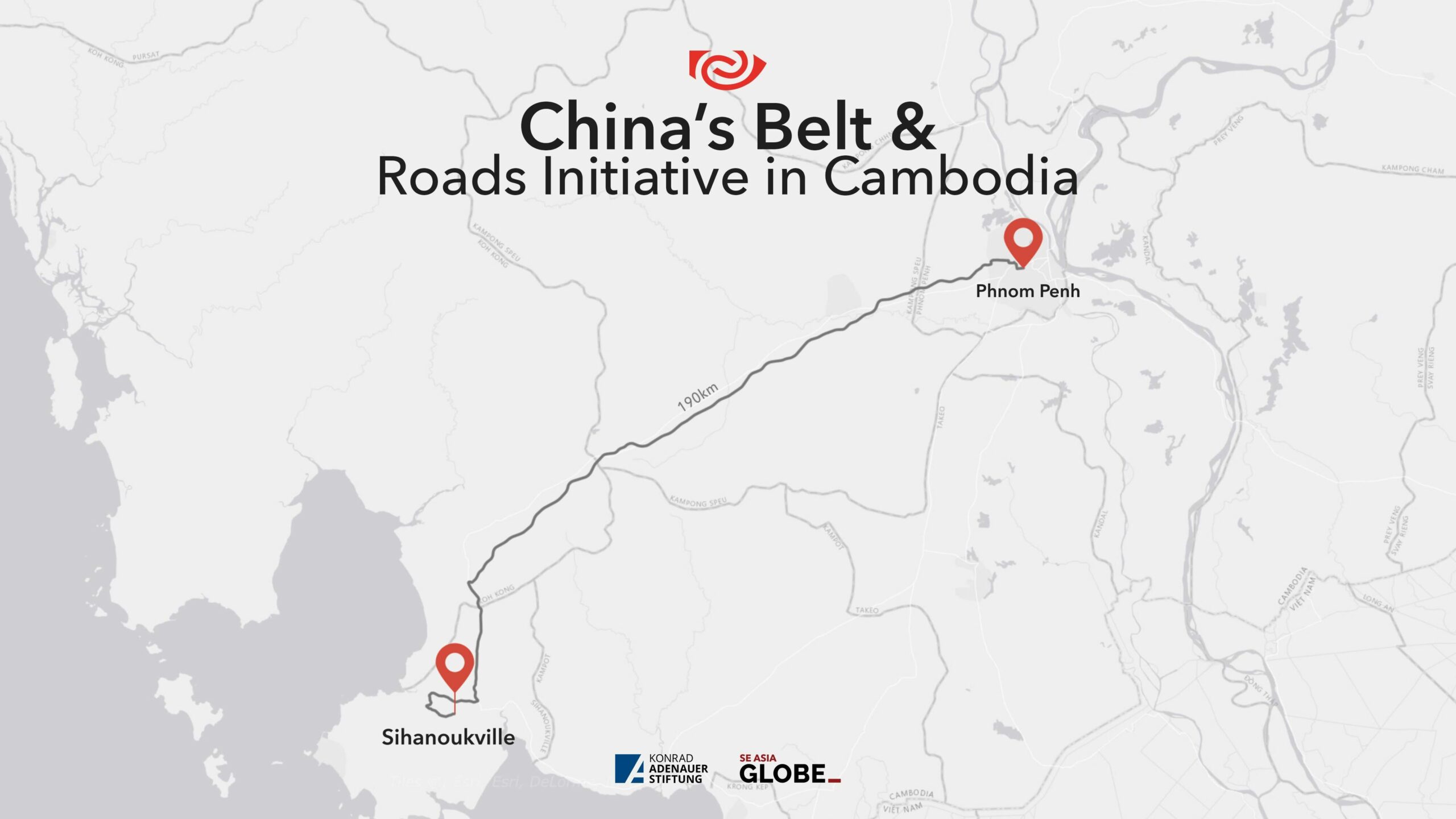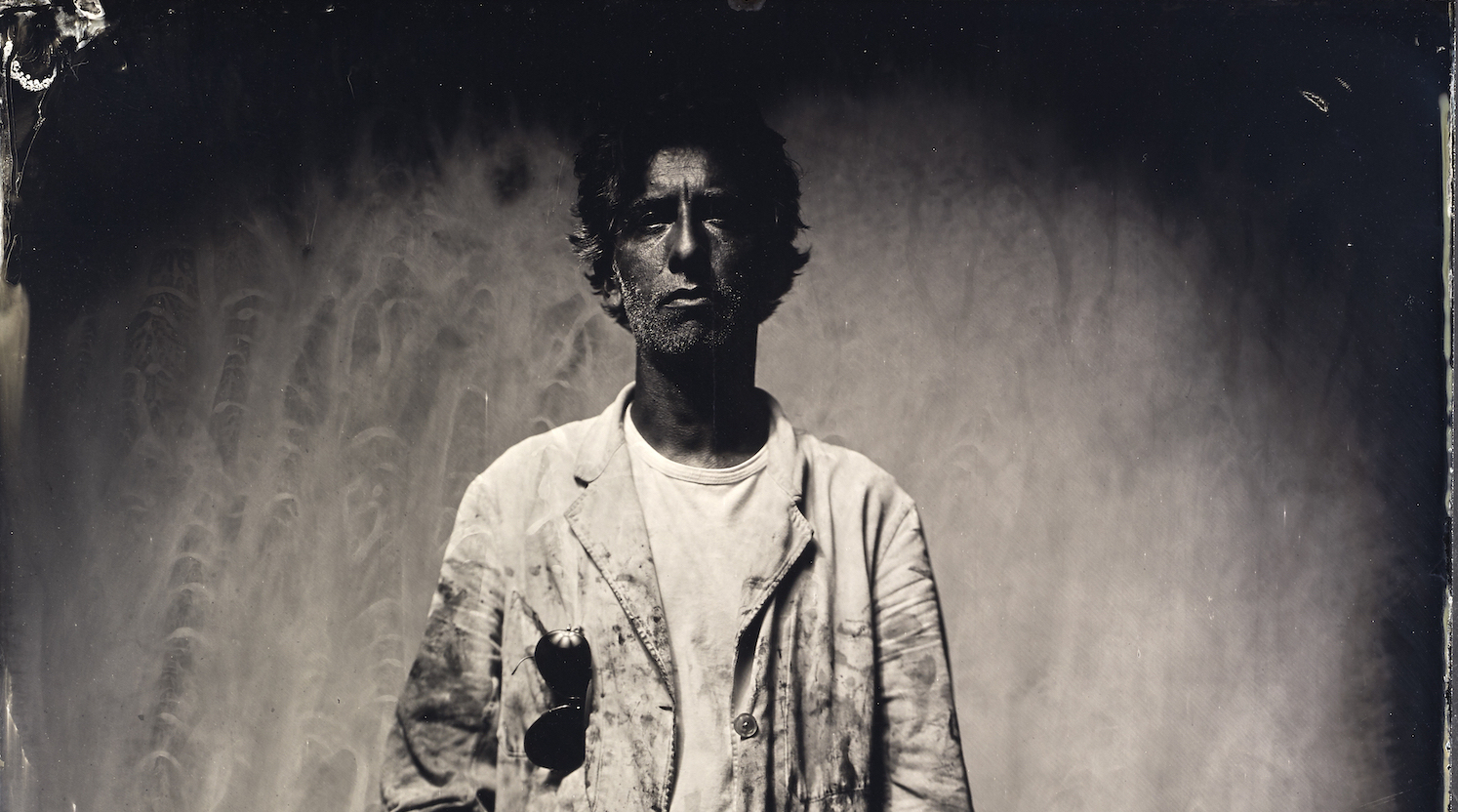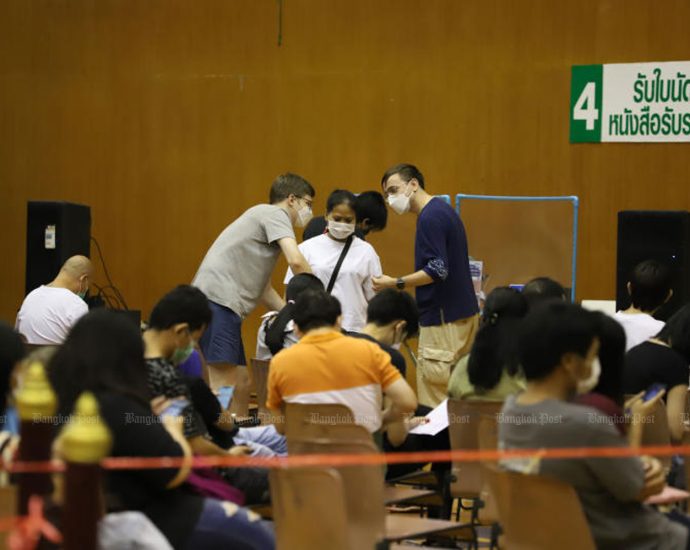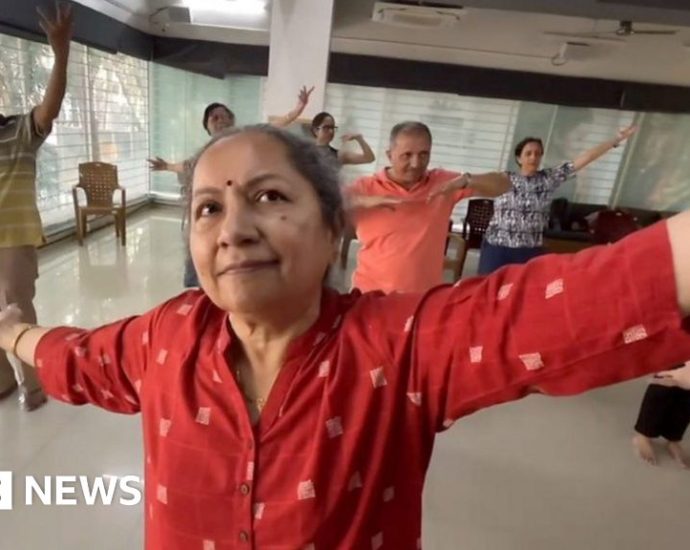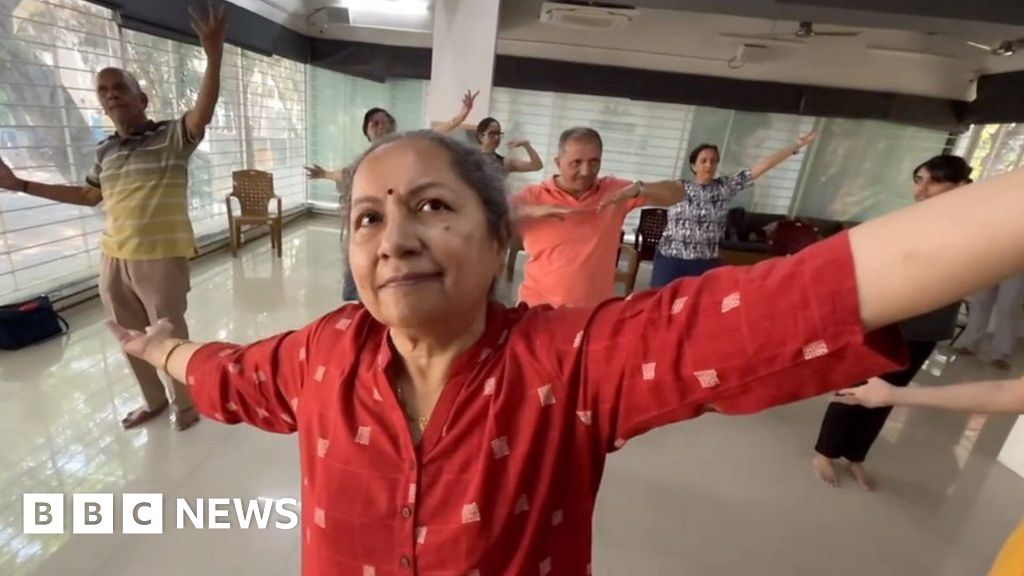Zelensky and Biden may be on their way out

There is no doubt now that Bakhmut will soon fall to the Russians. How soon? Probably a few days and no more than one week.
Ukraine says it has managed to evacuate its elite forces from the city, leaving only rearguard elements to hang on until the end. Efforts by Ukraine to provide counterattacks have not borne fruit, and all efforts have been stopped by Russian paratroopers and Wagner PMC fighters, along with generous amounts of Russian artillery.
Meanwhile, the Russians themselves are refocusing on the newly created Ukrainian brigades that are supposed to lead the counteroffensive. These are the brigades that have been stuffed up to their ears with Western hardware but lack well-trained troops.
Such brigades also face complex, perhaps impossible, logistical challenges, since the Western supplies require spare parts, repair centers and in many cases different types of ammunition. Even the Leopard II tanks supplied can’t all use the same ammunition.
More worrisome for Ukraine’s army is the lack of replacement supplies if their coming offensive drags on. Simply put, there are almost no supplies around. The US is mostly out of ammunition and has been stripping stockpiles in South Korea and Israel – something that has alarmed Israel’s generals, who think a hot war with Iran is only weeks away.
The South Koreans have kept quiet, mostly because President Yoon Suk Yeol has just completed a visit to Washington that was stage-managed to make Joe Biden look good. So far as can be determined, the visit was completely ceremonial and basically fruitless.
(Strictly speaking, the only result was that Yoon used the occasion of a state dinner to sing “American Pie,” no matter whether Joe drove his Chevy to the levee, or went over the side. The fact that the levee was dry is a current-time social commentary.)
At the eleventh hour, Ukraine is trying hard to recruit more soldiers, sometimes using rough tactics to dragoon young men. Such troops can’t possibly be trained in time. Practically speaking they are, at most, cannon fodder.
But the Ukrainians want to look credible to their American masters, so not only do they grab young people from street corners or in front of popular watering holes such as McDonald’s, but they beat them up if they resist.
The same is happening to any Ukrainian journalist who tries to write anything the so-called democratic government of Ukraine does not like. Volodymyr Zelensky’s regime has arrested political opponents or chased them out of the country, or worse. And these days Ukrainian special operations groups are assassinating journalists and commentators in Russia and elsewhere who oppose Ukraine.
After Bakhmut is gone, it is possible the Russians will suggest negotiations with the United States. Biden, who is running for re-election, does not want any status quo change until he is re-elected.
But Biden’s re-election is getting more and more remote as the semi-senile president stumbles and bumbles and as a number of his government’s policies will, in the end, bring down his administration notwithstanding his faltering mental status or how many dead Ukrainians pay the price for his re-election effort.
A vast wave of immigrants will soon flood across the southern border of the US; new taxes will soon be slapped on mortgages for people with good credit scores (without bothering to get congressional approval); inflation keeps killing the middle class; and worst of all, the Biden administration demands control of all children’s sexuality without the parents having any say-so.
Without negotiations, the Russians will attempt to systematically destroy Ukraine’s new brigades. With larger forces, better tactics, and more air power, air defenses and ground equipment, the Russians could very well defeat the Ukrainian army and force regime change in Kiev.
In short, in the not-too-distant future, Biden may have to hang up his walker and Zelensky may be looking for a job in California.
Stephen Bryen is a senior fellow at the Center for Security Policy and at the Yorktown Institute.

